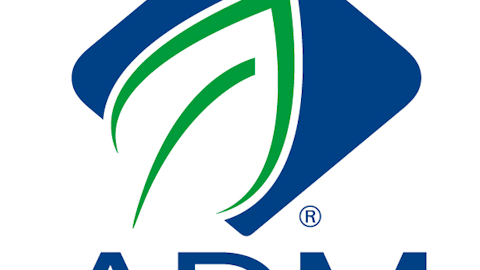
Investors of all shapes and sizes are reassessing and restructuring their portfolios in an attempt to boost returns, preserve capital, generate income and keep up with inflation. One asset class that is drumming up interest among institutional and private investors is productive agricultural land. This article looks at why you should invest and provides a selection of companies that provide access to this opportunity.
Why farmland?
There are a number of driving forces behind the popularity of this asset class. First, it is an attractive option for investors jaded with the erratic performance of equities. This is because farmland offers non-correlated growth with the financial market, delivering a reassuring level of portfolio insurance.
On top of this, both farmland values and income from commercial farming operations display a strong positive correlation with inflation, allowing investors to keep pace even as central bankers push down interest rates in an attempt to claw their way out of debt.
Farmland has the additional benefit of income generation, either via lease payments from tenant farmers, or from commercial farming activities where the landowner shares the risk and reward with a contract farmer producing on the land.
Given that land values are essentially driven by supply and demand, the shrinking global base of agricultural land (supply) and growing global population (demand) have created a perfect storm for investment in this sector. The Farmland Investment Report released by DGC projects that up to 40 million hectares (almost 100 million acres) of cropland could be lost to urbanization by 2030 – by which time there will be 8.3 billion mouths to feed.
Those who own a stake in the agricultural sector will be well-positioned to benefit from the widening gap between supply and demand.
Performance
In the US, the NCREIF Farmland Returns Index measures the investment performance of a basket of agricultural properties acquired for investment. According to the index, farmland assets delivered a total annualized return of 17.59% in 2012 and an average five-year return of 12.4% since 2007.
In the UK, the Rural Investment Index, measures the performance of a group of agricultural properties. The latest data (up to December 2011) shows that farmland has delivered an annualized 5-year return of 11.9%, which compares favorably with UK commercial property at -0.7% and UK residential property at 6.2%.
In both instances, agricultural land outperformed all other classes of property, as well as equities and bonds.
Agricultural investment funds
It can be difficult for small investors to gain access to commercial farming operations. There are a small number of unlisted farming funds in the UK, including Braemar Group PCC Limited UK Agricultural Land, an open-ended investment company, which is listed on the Channel Island Stock Exchange LBG (CISX). According to the company’s website, it invests in arable farmland and related buildings, which are managed as a portfolio of tenanted farms, with the aim of capital growth. The tenancies are managed by the property adviser, Chesterton Humberts, and the land is farmed by tenants who grow mainly cereal crops. This fund is only suitable for high-net-worth and/or sophisticated investors.
Private and quasi-institutional investors should consider going through a diversified holding company that invests in small-scale, asset-backed agricultural businesses with unencumbered land assets. The aim of such companies is to add value to the land by funding and developing commercial farming operations.
Investing in agricultural companies
There are a small number of listed companies that offer indirect exposure to farmland assets, such as Gladstone Land, which invests in agricultural land and related properties, which it then releases to farming tenants. The company currently manages around $75 million in farmland assets and recently launched a blueberry-growing operation in Oregon.





